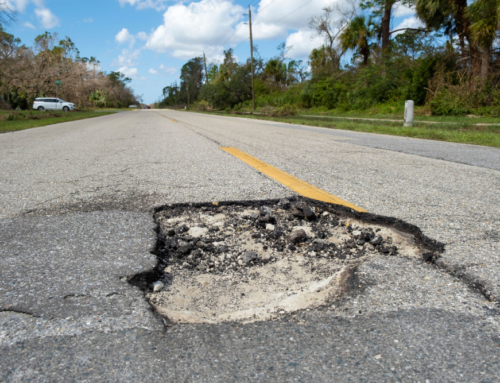 You may have heard about a wrongful death lawsuit before– maybe you were watching television or a movie or maybe you even know someone who has filed a wrongful death lawsuit. If you don’t know what a wrongful death lawsuit is, that’s all right– many people don’t.
You may have heard about a wrongful death lawsuit before– maybe you were watching television or a movie or maybe you even know someone who has filed a wrongful death lawsuit. If you don’t know what a wrongful death lawsuit is, that’s all right– many people don’t.
A wrongful death lawsuit is essentially a wrongful death claim that is filed. Wrongful deaths are terrible, but they do happen, often leaving devastating effects in their wake. Claims are made against the defendant. The defendant usually has caused someone to pass away through negligence or even intention to cause harm. These claims are usually filed on the behalf of the deceased by their family members or other parties. It is the right of the deceased’s estate to file a wrongful death lawsuit against the legally responsible party.
You may have cause to file a wrongful death claim, but are not sure that filing a suit would apply in the case of what you consider to be a wrongful death. Well, a claim such as this is applicable if the defendant (were they alive) would have had a case in terms of filing a personal injury claim. They cannot file it themselves as they are deceased, but if the deceased would have had a claim to personal injury, then their death as a result of negligence or intentional malevolence can be grounds for a filing of a suit. This happens quite frequently in the medical field, where doctors and other medical professionals can be sued for wrongful death due to an incorrect diagnosis or a failure to properly treat the condition and as a result the injured party passed away as a result.
Likewise, wrongful death suits are frequently claimed when it come to fatalities as a result of car accidents. This is a common cause of most wrongful death suits. Personal injury cases can transform rapidly when the affected party passes away as the result of the act. A variety of situations and events can fall under the umbrella of personal injury, which often results in a wrongful death claim unless it is a workplace injury. However, the defendant must be held liable according to the same burden of proof that a personal injury case would’ve been obligated to prove. Negligence means that the defendant owed the person affected a duty of care but this was breached and the victim died as a result. In either case, that is the burden of proof that is on the person filing the claim and suit and must be proven in order to recoup damages.
Usually, it is the estate of the deceased that files the claim. The survivors of the event, accident, or what exactly occurred do have the right to file a claim. Many families often do not know that they have that right. However, who can qualify as the survivor and file a claim on behalf of the deceased may be differently defined, depending on the state in which you live. Spouses, parents of minors, and those who can prove dependence on the deceased can sue.
Even parents of adult children or extended family may be able to sue. A wrongful death attorney in Orlando can further inform you on the extent to which you may be able to file a claim. Whether pre-death pain and suffering, medical costs, burial costs, or more, you may have a case. Consult with professionals and see if you have a potential claim today. If you do have a potential suit, they will walk you through what you need to do in order to go to court and recoup damages successfully. A loss is always hard; but family and spouses can potentially be compensated for the pain and suffering that you or someone you know experienced.








